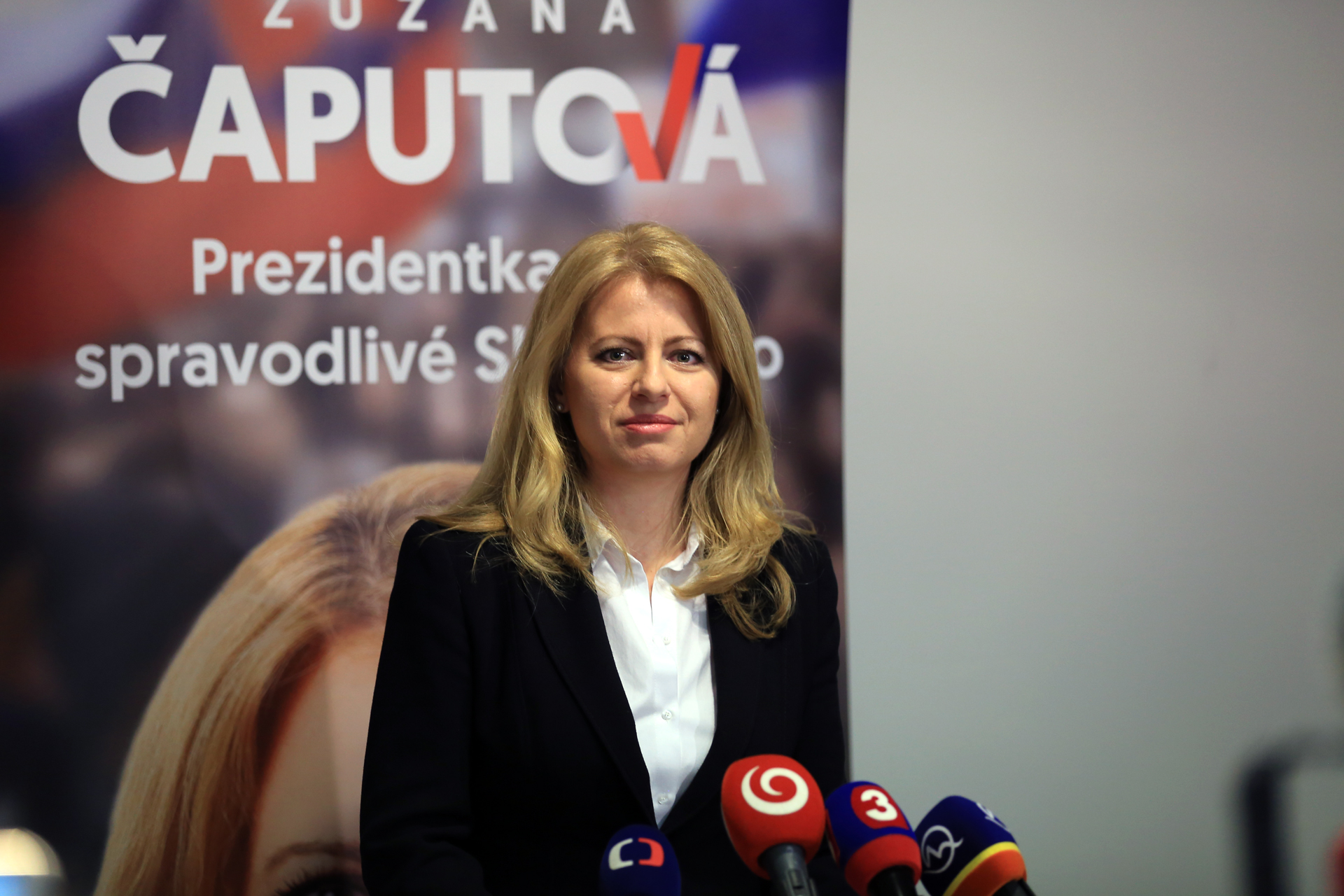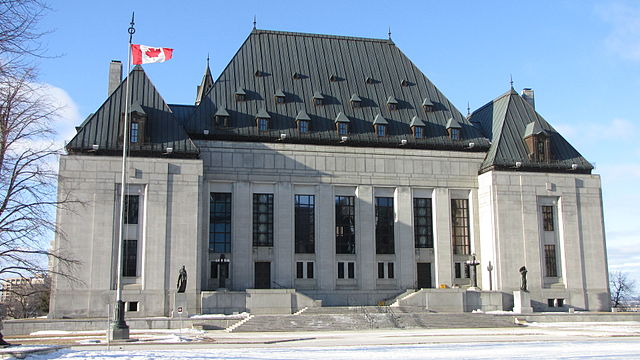NATO’s 70th anniversary has encouraged allies and supporters across the world to reflect on the Alliance’s past, present and future. We are fortunate that our present does not mirror the circumstances that led to the foundation of the Alliance in 1949: a world struggling to rebuild after a devastating war and becoming increasingly divided along dangerous ideological lines. Nevertheless, we are facing some comparable challenges that make NATO’s mission especially relevant.
One such challenge is democratic backsliding: dozens of NATO member countries have witnessed the rise of populism – usually a very exclusionary, xenophobic and conservative right-wing iteration – that poses an indirect and direct threat to democracy. It is important to remember that NATO is both a military andpolitical alliance that was created with the intent of uniting the European and North American democracies together to create a more peaceful world. This intention is clearly articulated in the founding charter, which commits NATO members to safeguarding “democracy, individual liberty and the rule of law”.
Scholars, voters and politicians all over the world are rightfully concerned about the state of democracy in NATO members such as Hungary and Poland and the growing strength of the illiberal movements. However, all is not lost. There are still countries and citizens that remain committed to NATO, democracy and progressivism. The recent presidential election in Slovakia demonstrates this point perfectly and reminds us to be hopeful about constructive changes.
On March 30th, lawyer and award-winning environmental activist Zuzana Čaputová became Slovakia’s first female president by gaining 58% of votes in the runoff election against European Union Energy Commissioner Maros Šefčovič, who was backed by the ruling Smer-SD party. Unlike her opponents, Čaputová is a political newcomer; she joined the new liberal Progressive Slovakia party, which is not represented in parliament. Throughout her campaign, she emphasized her commitment to “humanism, solidarity and truth” and refrained from engaging in ad hominem attacks to bolster her bid for president. On the other hand, various candidates called migrants rapists and painted LGBTQ individuals as a threat to family values.
Čaputová’s platform, on the other hand, was socially progressive: she stressed that she is pro-choice and accepting of same-sex unions. However, her key issue was corruption, which was particularly salient due to the outrage over the murder of journalist Jan Kuciak and his fiancée, Martina Kusnirova. Before his death, Kuciak was investigating top level corruption in government and business; he was repeatedly threatened by powerful actors but not given adequate protection by law enforcement. The murders resulted in massive protests that led to the resignation of then Prime Minister Robert Fico, though he remains the leader of Smer and an influential figure in Slovak politics. Čaputová was well-suited to be an anti-corruption campaigner because of her past legal triumph over Marián Kočner, the wealthy businessman charged with ordering Kuciak’s murder.
The Slovak presidential election is a beacon of hope for a few reasons. First, it demonstrates that populist victory isn’t an inevitable consequence of a discontented public and that there are people rooting for a more constructive approach to political dialogue. Widespread discontent is often associated with the election of populists due to the electorate losing faith in mainstream parties, with Syriza, for example, bolstered by the Greek debt crisis. To a certain extent, public distrust of mainstream politics also played a key role in the Slovakian election. Smer lost supporters due to the government’s inability to prevent a brutal attack on the freedom of the press and allegations of corruption among the party’s top-ranking officials. In response, Šefčovič and Smer began to engage in more populist and nationalist rhetoric, including declaring Slovakia a “Christian country”. Regardless, populism did not win.
Čaputová’s election is also a step forward for gender equality, as she is Slovakia’s first female president. The young nation has been making progress towards increasing female representation and gender equality; a female leader can hopefully keep up this positive momentum. Čaputová will be in a great position to promote rule of law and democracy and realize her goal of making the country less corrupt. Although the Slovak President has a more symbolic role compared to the Prime Minister, Čaputová will still be the commander-in-chief and have the ability to block the appointment of senior prosecutors and judges. This veto power will be useful in advancing her agenda of depoliticizing the judiciary and police.
The success of Šefčovič and Čaputová also represents a big win for multilateralism and global cooperation. Both front runners and second round candidates were avowedly pro-EU and pro-NATO. They garnered the most votes in the first round (41% and 19% respectively), defeating eurosceptic and anti-NATO contenders such as neo-Nazi Marian Kotleba and Supreme Court judge Štefan Harabin, who got 11% and 14% of first round votes. This bodes well for Slovakia-NATO relations and, more broadly, the country’s commitment to cooperating with other democracies. Slovakia is a valuable ally that spends 1.73% of its GDP on defence and has contributed to the Alliance’s work. For instance, Slovak troops are currently part of the Enhanced Forward Presence units in the Baltic. Public opinion in favour of participation in Western and pro-democracy organizations like NATO and the EU bodes well for the future of Slovakia’s relationship with those alliances.
2019 has been a promising year for Slovakia thus far. The Central European nation is celebrating 15 years of NATO membership and the election of a progressive president with a much-needed anti-corruption platform. The country has also moved closer to resolving Kuciak’s troubling murder. Hopefully Čaputová’s success is a sign of subsiding ethno-nationalist populism in Central and Eastern Europe. It remains to be seen how the upcoming parliamentary elections will go, and whether Čaputová will succeed in strengthening NATO’s founding principles of democracy, rule of law, and liberty.
Featured Image: Zuzana Čaputová during a press conference announcing that she will continue her presidential campaign in response to the AKO presidential candidates’ survey. Behind her is a part of her pre-election visual . Via Wikimedia.com.
Disclaimer: Any views or opinions expressed in articles are solely those of the authors and do not necessarily represent the views of the NATO Association of Canada.




